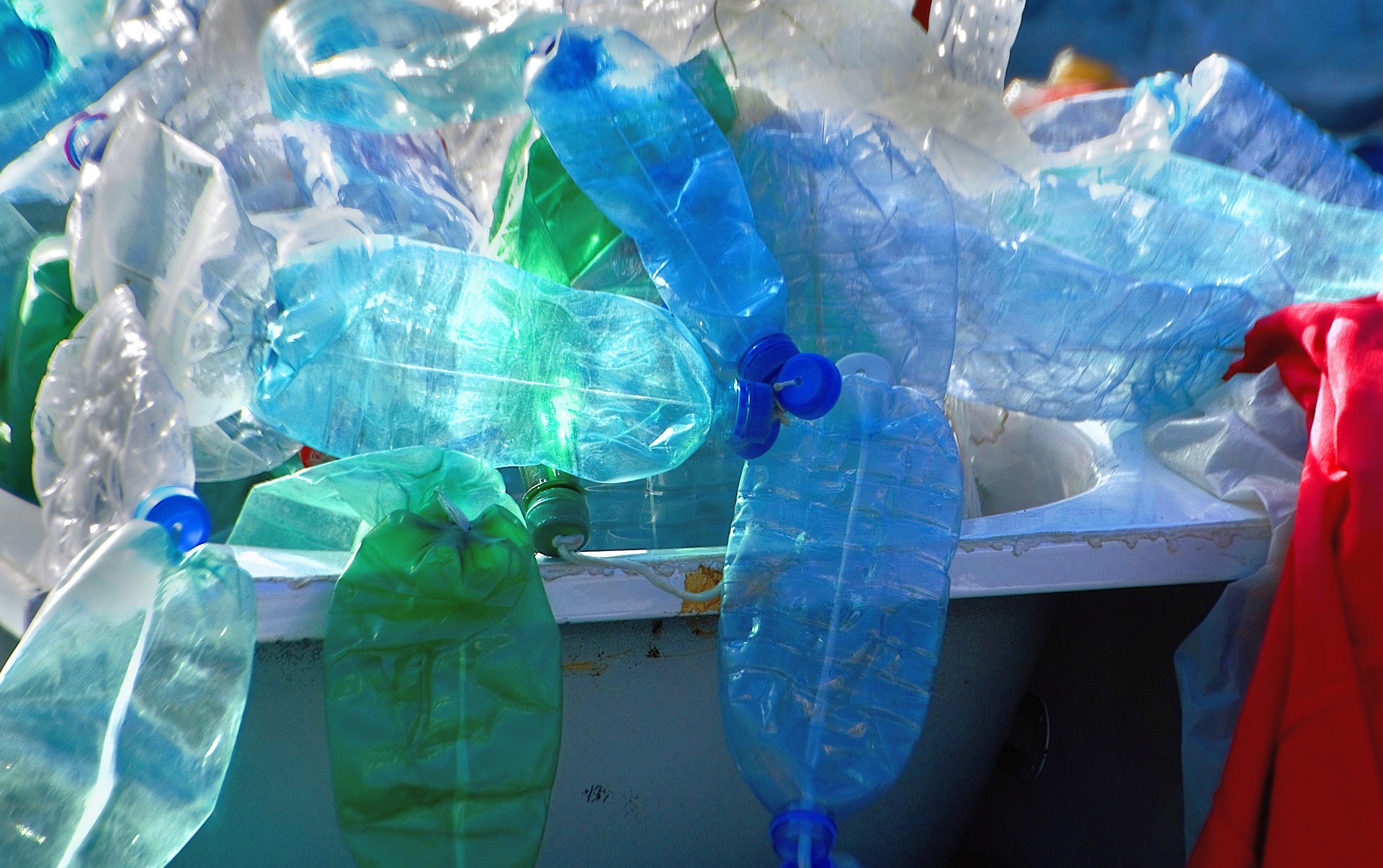Media release
From:
Plastic degrading enzymes found in wax worm saliva
Enzymes found in the saliva of wax worms may be capable of oxidising and degrading polyethylene plastic, a paper published in Nature Communications reports. These findings could aid the development of solutions to deal with the problem of plastic waste.
Plastic pollution is considered a major environmental concern, with polyethylene representing around 30% of synthetic plastic production. Previous research has shown that polyethylene can be degraded by biological means, but this generally requires a harsh abiotic pre-treatment to begin the process (for example, using heat or radiation). The degradation can be achieved by some microorganisms but this is a very slow process that can take months. In addition, the enzymes responsible have not been identified
Federica Bertocchini and colleagues studied wax worm (Galleria mellonella) larvae saliva and show that wax worm saliva can degrade polyethylene, breaking it down into smaller molecules. They analysed all of the proteins in the saliva and identified two enzymes that can reproduce this effect, which they name Demetra and Ceres after the Greek and Roman goddesses of agriculture. Using these enzymes, they demonstrate that the initial oxidation, to allow the breakdown of polyethylene, can occur in only a few hours at room temperature.
The authors suggest that these enzymes could open up new approaches to plastic waste degradation as well as the upcycling of plastic components.



 International
International



